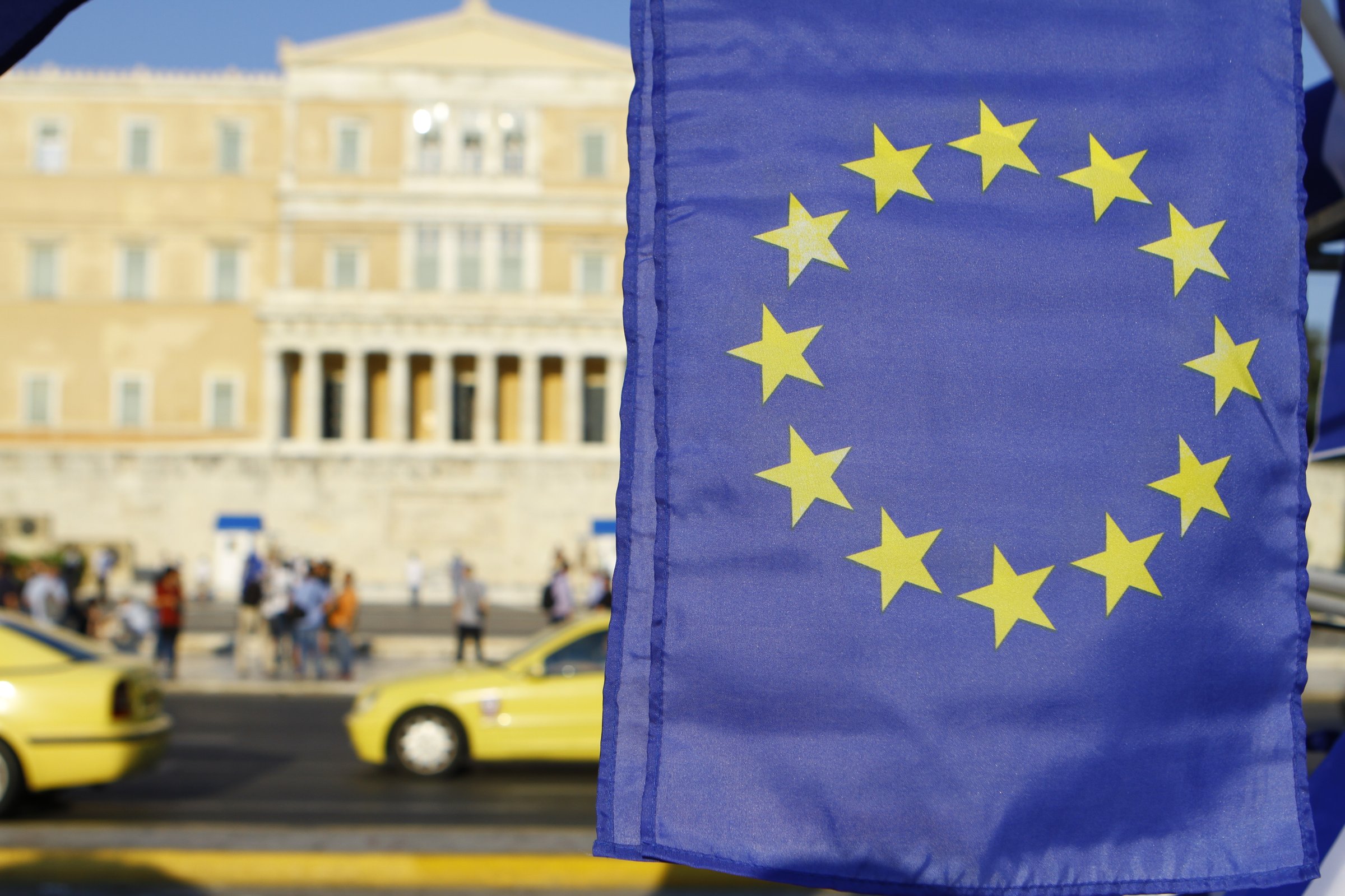
Next year could be the most consequential for Europe since the Berlin Wall fell, or maybe even since the end of World War II. It is no exaggeration to say that the European Union’s future lies in the balance.
First, the election of Donald Trump has created unprecedented uncertainties regarding the transatlantic relationship, including the reliability of the NATO alliance. A less predictable global context will also make economic growth in Europe, often elusive to begin with, less likely. Moreover, depending on how the Trump Administration intends to approach Russia, we may see growing transatlantic and intra-European rifts, not least over sanctions and what to do about Ukraine. Most important, there is a real risk that the U.S. might seek to deal with European allies on a bilateral basis rather than through established channels like the E.U. and NATO—maybe even trying to pit individual states against one another, with potentially devastating consequences.
Second, European politics are at a critical juncture. Key moments come on April 23 and May 7, when France votes in two rounds of presidential elections. If the far-right National Front’s Marine Le Pen defies expectations to win, the E.U. could start to disintegrate. A poorly organized Brexit, which is due to be triggered before April, would hurt not only Britain but the E.U. as well. Elections in the Netherlands in March and perhaps in Italy next year could strengthen extremists and make governing in Brussels more difficult. The financial/euro crisis could return with force, in Greece or in Italy. Unresolved disagreements over how to handle mass migration will continue. If relations between Turkey and the E.U. break down, the flow of migrants will resume, even stronger than before. Even in Germany, the most stable of major European countries so far, the politics of migration is likely to get uglier and more divisive, especially ahead of elections in the fall. And we are all vulnerable to cyberattacks. Disinformation, including leaks affecting the credibility of political leaders, may erode the public’s trust in established leadership.
Current political trends do not favor moderate Europeans: the center is shrinking. Mainstream parties of the center-left and center-right have to form coalitions, but their inability to deliver substantial economic growth strengthens the radical right. The politics of Europe will continue to move rightward, especially in the event of a major terrorist attack with links to migrants. Advocates of meaningful cooperation, free trade and open societies will have an even harder time making their case.
But Europe is not in an unstoppable downward spiral. The radical right may grow stronger here and there, but there will likely be no right-wing landslide in the Netherlands, nor in France. Eventually, one of these parties will have to demonstrate its ability to govern—and most likely will not deliver. A disappointing Trump presidency might show that close-the-border populists do not have the answers.
There is also a new seriousness in Europe about strengthening our joint foreign and security policies. Progress is possible: even Euroskeptics know that they are better served if the E.U. defends their interests internationally. An overwhelming majority of some 74% of the population favors a stronger European role in the world, according to a 2016 Pew poll. Here, the E.U. could find renewed purpose and prove to its citizens that it is part of the solution, not of the problem. And finally, a renewed Franco-German leadership tandem—between Chancellor Angela Merkel, who is likely to win a fourth term in September, and François Fillon, who polls suggest will defeat Le Pen in May—could help revive the European spirit.
It is certain that Europe faces major obstacles on the road ahead in 2017. But there are plenty of opportunities to avoid hitting a wall.
Ischinger is the chairman of the Munich Security Conference and teaches at the Hertie School of Governance
More Must-Reads from TIME
- Donald Trump Is TIME's 2024 Person of the Year
- Why We Chose Trump as Person of the Year
- Is Intermittent Fasting Good or Bad for You?
- The 100 Must-Read Books of 2024
- The 20 Best Christmas TV Episodes
- Column: If Optimism Feels Ridiculous Now, Try Hope
- The Future of Climate Action Is Trade Policy
- Merle Bombardieri Is Helping People Make the Baby Decision
Contact us at letters@time.com